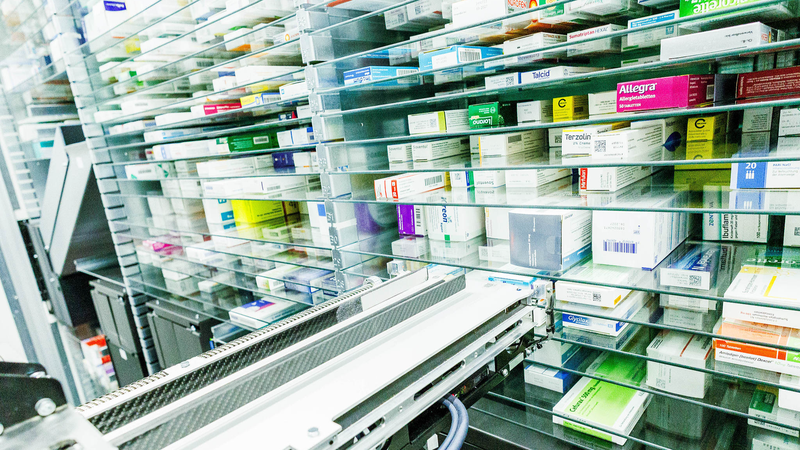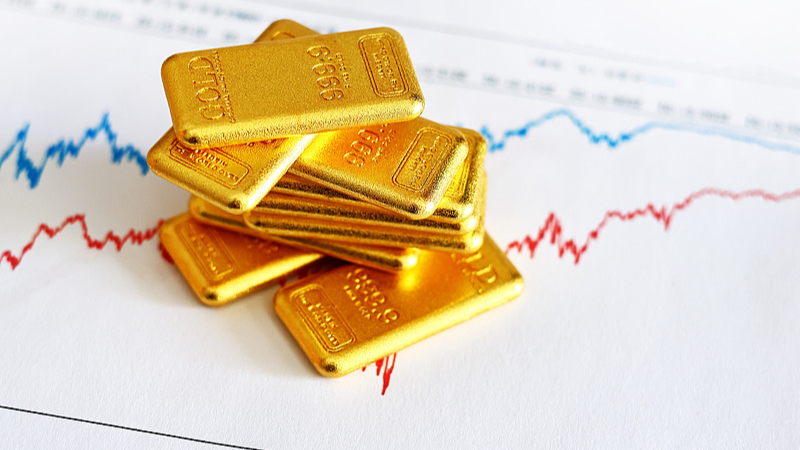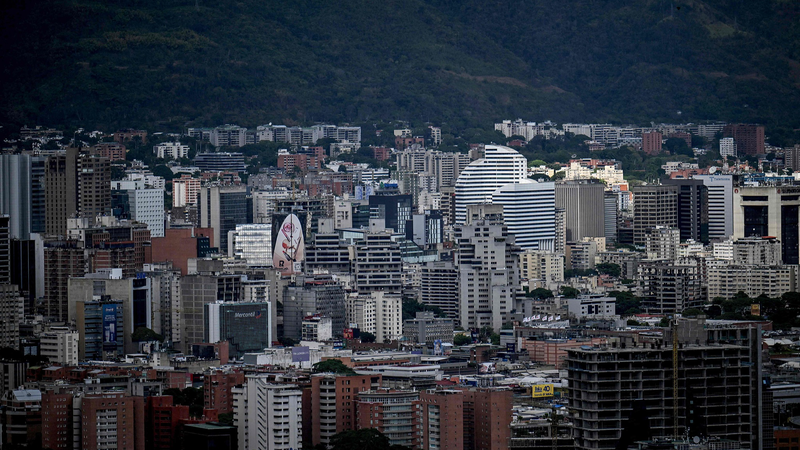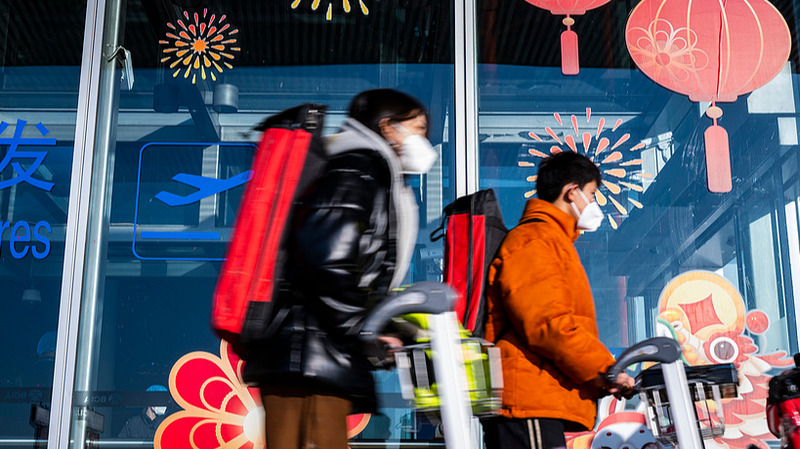Picture a world where your prescription 💊 could double in price overnight. That's what happened when US President Donald Trump unveiled a 100% tariff on branded and patented drugs from makers without US factories. Though the plan was later paused, the shockwaves are still rolling across the industry.
The Pharmaceutical Research and Manufacturers of America (PhRMA) warned that 'imposing new tariffs on medicines would undermine new U.S. investments because every dollar spent on a tariff is a dollar not available to build in America or discover cures.'
Even giants like Eli Lilly spoke out despite an exemption. A company spokesperson told local media, 'We do not support tariffs on pharmaceutical products; tariffs ultimately increase the costs of medicines, which have historically been excluded from international tariffs because of their life-saving nature and impact on patients.'
Smaller drugmakers could feel the pinch the most. Aaron Kesselheim from Harvard Medical School says, 'It’s likely that the companies that will be affected are certain smaller companies that are making more niche products. That could be problematic for those particular patients.'
The debate isn’t just domestic. Australian Health Minister Mark Butler pointed out the unfair twist, noting that Australia sends more drugs to the US than it receives. In Germany, the VFA trade group warned that a 100% tariff would hurl Europe's pharma hubs into chaos and threaten patient care on both sides of the Atlantic.
With price tags set to soar and supply lines under threat, many are calling for a balanced approach that protects patients, supports innovation, and keeps vital medicines moving smoothly around the world 🌍🔬.
Reference(s):
U.S. drug tariffs raise fears of higher prices and supply disruptions
cgtn.com




